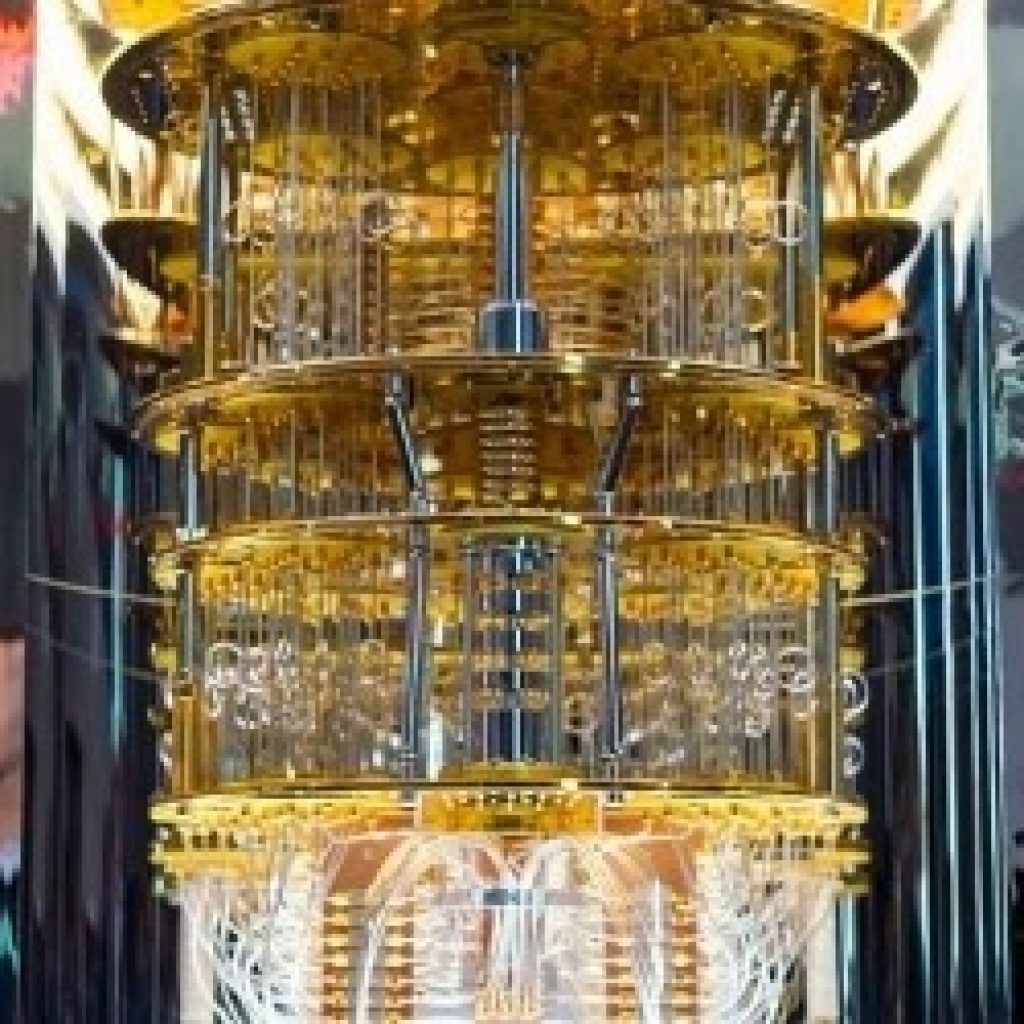(AnalyticsInsight) The unprecedented power of quantum computers makes them useful in many scenarios where classical computers would require an impractical amount of time to solve a problem. Satavisa Pati, AnalyticsInsight member, provides examples of quantum computing applications.
End-User Cases: Airbus has launched a quantum computing challenge to encourage the development of quantum solutions in aircraft climb and loading optimization, as well as wing box design optimization. Daimler is working with Google on using quantum computing in the fields of materials science and quantum chemical simulation. The US Department of Energy is funding research projects that could lead to the development of very sensitive sensors (with applications in medicine, national security, and science) and provide insights into cosmic phenomena such as dark matter and black holes.
Quantum cryptography is a method used for the secured, encrypted transfer of information. Unlike other forms of cryptography, it ensures security by the laws of physics; it is not dependent on mathematical algorithms and does not secure exchanges of keys. Quantum communication based on quantum cryptography currently qualifies as highly secure.
Quantum Teleportation: One possible means of quantum communication is quantum teleportation. Although the name can be misleading, quantum teleportation is not a form of the transport of physical objects but a form of communication. This teleportation is the process of transporting a qubit from one location to another without having to transport the physical particle to which that qubit is attached.
Workplace: In January 2019, IBM announced its first commercial quantum computer that can work outside the research lab, but with a power of only 20 qubits. Later on, in October 2019, the company’s engineers announced the development of a 53-qubit computer. The start-up Rigetti Computing developed a 32-qubit computer and is now working on a 128-qubit one too. In October 2019, Google claimed that it achieved ‘quantum supremacy’ with a 53-qubit quantum computing chip that took 200 seconds to carry out a specific calculation which would have taken a classical computer 10 000 years to complete
